Provisional duties on biodiesel imports from China to hamper bloc's green shift
China's trade tensions with the European Union, which have been fueled due to a string of tariff increases and protectionist actions by Brussels against Chinese enterprises, could intensify further as the bloc is set to levy provisional duties of up to 36.4 percent on biodiesel imports from the nation.
The provisional tariffs will come into effect from Aug 16, but its investigation will continue until February, when definitive duties for five years could be set.
The EU's tariff measures are at risk of facing a backlash, as they can escalate costs for relevant products, ultimately causing harm to the interests of both industries and consumers within the bloc, officials and analysts said.
China has raised deep concerns regarding the EU's protectionist actions in the biodiesel sector, said He Yongqian, a spokeswoman for the Ministry of Commerce, at a recent news conference in Beijing.
Biodiesel is a renewable, biodegradable fuel manufactured domestically from vegetable oils, animal fats or recycled restaurant grease.
The EU, as the largest consumer of biodiesel globally, imports biodiesel from China to meet its immense consumption needs, hastening its own green transformation and energy efficiency objectives, He added.
The EU market for biodiesel is worth 31 billion euros ($33.7 billion) annually, providing a renewable alternative to fossil fuels in the EU's transport sector and improving the bloc's energy security, the commission said in a statement in December.
The European Commission, the EU's executive arm, proposed setting provisional tariffs of between 12.8 percent and 36.4 percent, on July 19. This comes in the wake of its recent action to slap hefty tariffs on Chinese-made electric vehicles.
The proposed duties for biodiesel are 12.8 percent for EcoCeres Group products, 36.4 percent for Jiaao Group, including Zhejiang Jiaao Enproenergy, and 25.4 percent for exports by Zhuoyue Group, including Longyan Zhuoyue New Energy Co.
The European Biodiesel Board, which lodged the complaint, said earlier this month that a flood of biodiesel from China was having a devastating effect on EU production.
China's biodiesel industry has thrived due to its unique domestic conditions, particularly its vast food service market. The large-scale collection of restaurant grease underpins China's capabilities in biodiesel production and provides pricing advantages, said Dong Yifan, an assistant research fellow at the Institute of European Studies at the Beijing-based China Institutes of Contemporary International Relations.
The EU's reliance on trade protectionism is a direct response to the insufficient competitiveness of its domestic industries. Driven by influential industry interest groups, Brussels has opted for protective measures that fail to address the core challenges facing its sectors, Dong said.
Such approaches are unlikely to enhance the competitiveness of EU industries in the long run. Instead, they may disrupt the stability of global supply chains and negatively impact China-EU economic relations, Dong added.
Zhejiang Jiaao Enproenergy said in a statement late on Thursday that the EU's decision to impose provisional tariffs on biodiesel imports has had a noticeable, yet limited, effect on its exports to the EU market.
In response to the tariffs, the company is proactively implementing strategies to mitigate potential losses, shifting its focus to developing domestic applications for biodiesel and expanding its domestic sales market, the company added.
The EU's biodiesel industry, due to its significant economic impact, remains a frequent source of trade disputes with its partners, analysts said.
Since 2008, the EU has repeatedly resorted to a variety of trade remedy measures, including anti-dumping, countervailing and anti-circumvention duties, against biodiesel products from various trade partners such as the United States, Canada, Indonesia and Argentina, said Cui Fan, a professor at the University of International Business and Economics in Beijing.
This pattern of alleged discriminatory practices has drawn the ire of affected members, who have sought recourse through the World Trade Organization's dispute settlement mechanism on multiple occasions, Cui said.
China has consistently advocated for the prudent and reasonable use of trade remedy measures, urging the EU to refrain from hastily adopting protectionist policies, Commerce Ministry spokeswoman He said, emphasizing the importance of dialogue and negotiation to address mutual concerns.








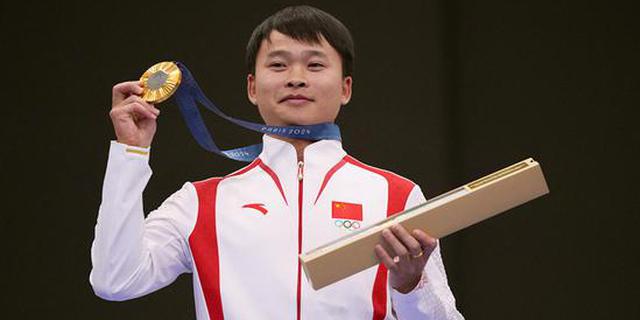

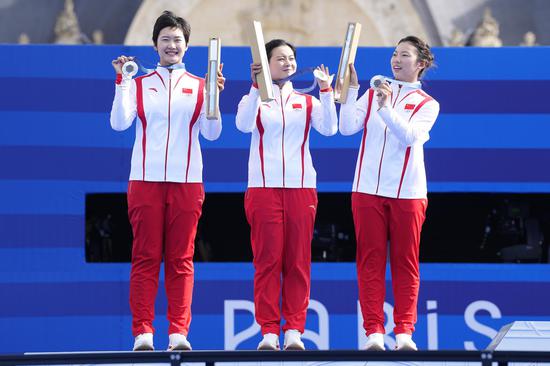

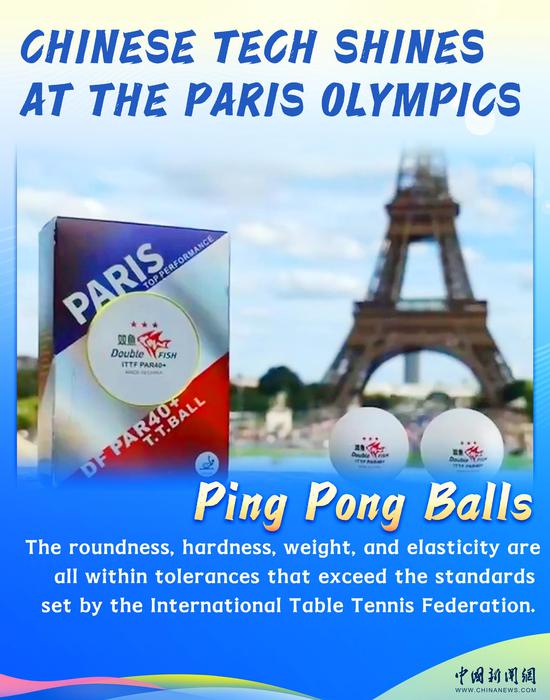


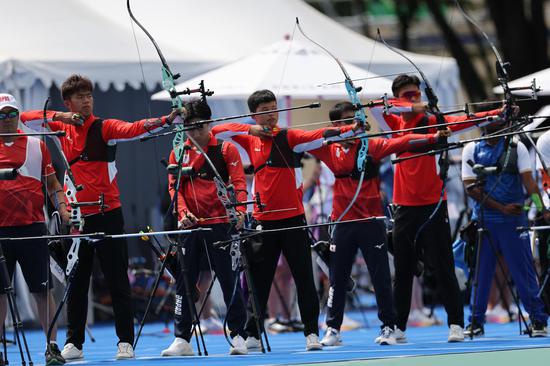
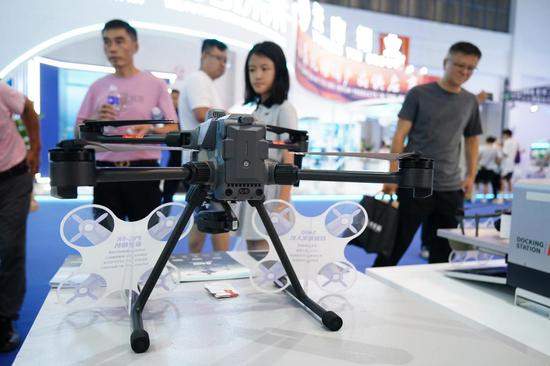






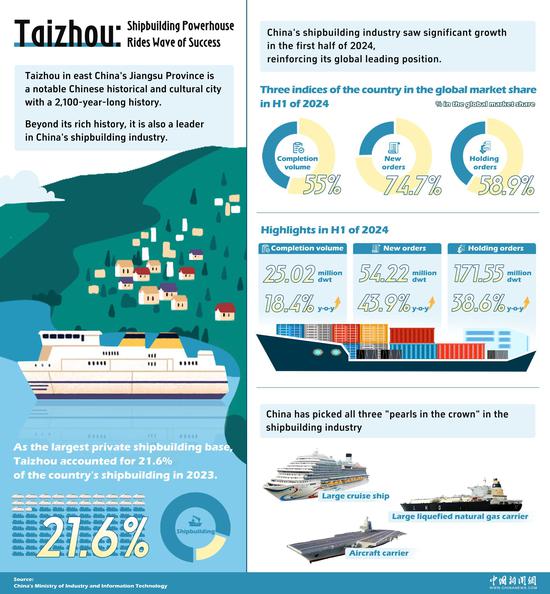
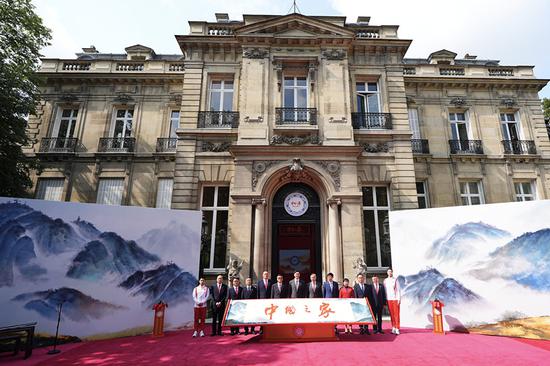
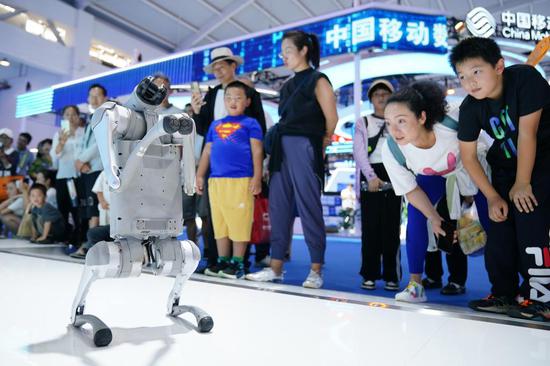




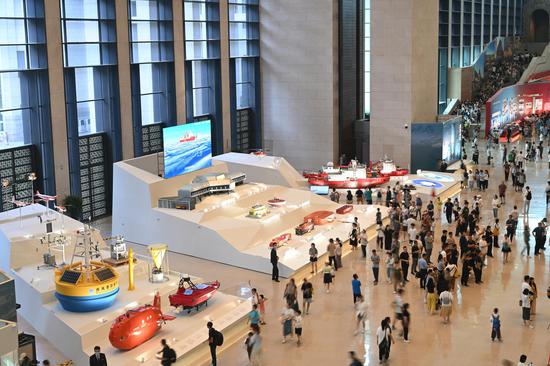

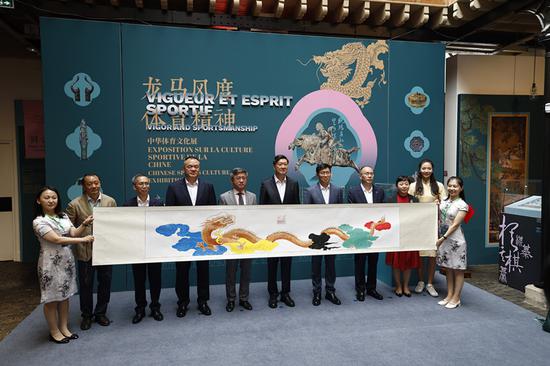
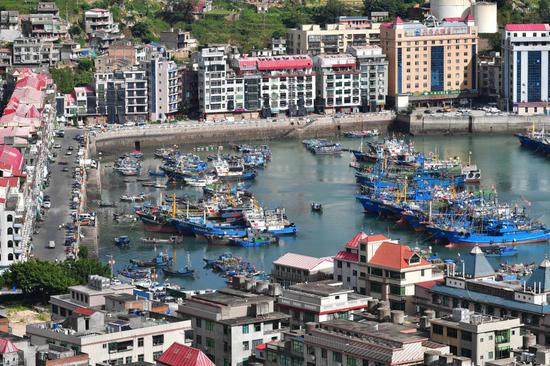


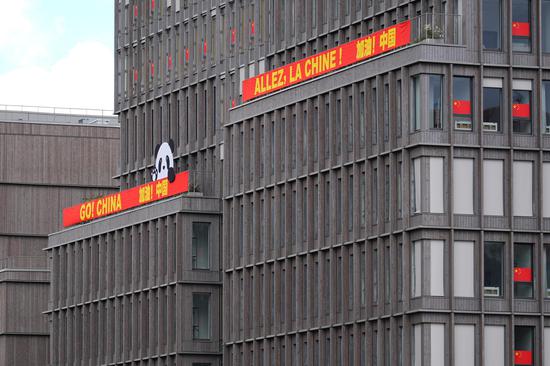
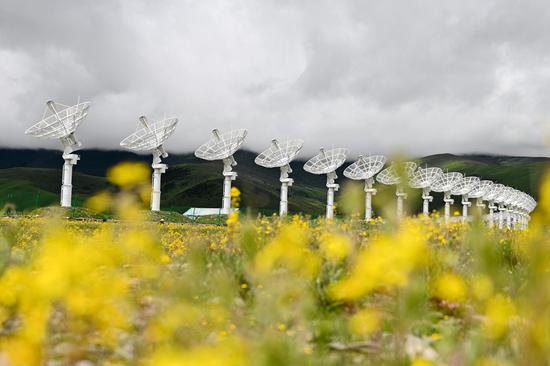





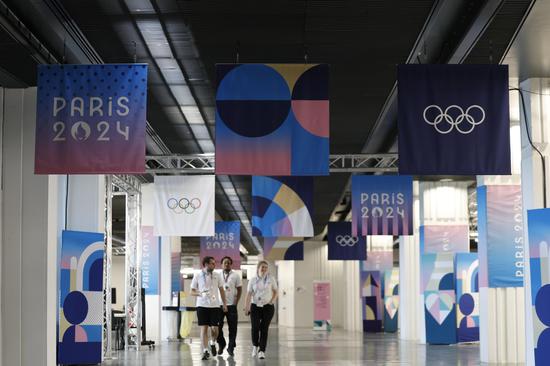
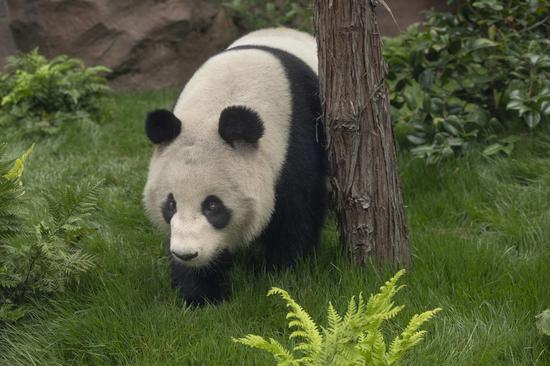

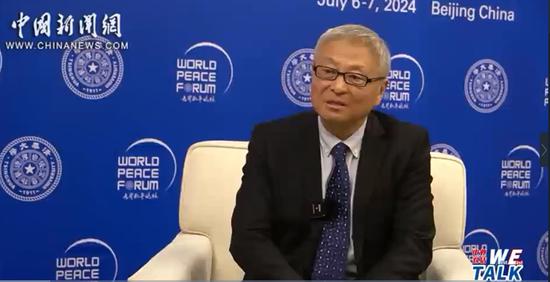



 京公网安备 11010202009201号
京公网安备 11010202009201号